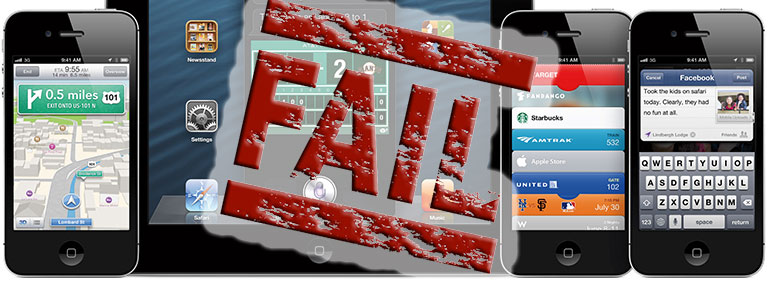Apple devices are known for their security, and Apple boasts that iOS is the safest and most secure mobile operating system on the market. Many people will agree that a large part of the reason they purchased an Apple device was because of the built-in security that comes with it.
But buyer beware, researchers at the Georgia Institute of Technology Information Security Center (GTISC) have found two common, ordinary ways to install malware onto an iPhone or iPad without the user knowing.
Apple’s Security Measures
Apple could not have earned the reputation it has on nothing, and everyone recognizes that devices running on iOS are safe and secure. That is due, in part, to the review process each app on the App Store must go through. The review process ensures any iOS app a user downloads is safe for their mobile device; it checks to make sure the app runs like it should and does not contain any offensive or explicit material.
But according to an article on LabManager.com, GTISC researchers have found not one, but two ways to use applications and chargers to get around Apple’s protection. Outlined below are the weaknesses researchers Tielei Wang and Billy Lau found.
Application-based Approach
Tielei Wang decided to explore application-based attacks that use Trojan Horse apps.
Wang’s team developed a test app and called it Jekyll. Jekyll works by shuffling its code around, keeping its malicious characteristics hidden during Apple’s review process, thus allowing it to pass on to the App Store. Jekyll was downloaded on a select number of test devices and, once downloaded, Wang’s team used it to remotely control and attack other apps on the devices.
The creepy part about it is that, according to the researchers, an app similar to Jekyll has the potential to launch other apps on the device such as the camera, email, text messages, Twitter, etc. all without you, the user, ever even knowing.
Charger-based Approach
But the researchers didn’t stop with application-based attacks.
Lau’s team looked at the vulnerabilities associated with hooking a device up to a charger, such as an unknown charger you may borrow from someone in the coffee shop or at the airport.
Using a tiny, single-board computer that only costs about $45, Lau and his team developed a malicious “charger” called Mactans. Once your device is plugged in, Mactans begins infecting your iPhone or iPad with random apps in less than a minute.
The scary part about this discovery is that it affected both jailbroken and non-jailbroken, current-generation devices that were running on the latest version of iOS. Most of us know that though jailbreaking an iPhone can open it up to more software and apps, it also increases the risk of viruses and malware. The fact that this “charger” can attack even a non-jailbroken phone is a little unsettling for those of us who do everything we’re supposed to do in terms of securing our devices.
What’s Being Done About It
But don’t worry just yet, there is good news. Both teams of researchers notified Apple with their findings and Apple is working on some improvements to their mobile operating system and keeping up with their claim to safety and security.
After learning about Mactans, Apple has since installed a feature in iOS 7 that will alert the user whenever the device is connected to a charger (or any peripheral) that is trying to launch a data connection. This way you’ll know beforehand if that borrowed charger can harm your device.
As far as the application-based threat goes, Apple has not yet released a solution but is working on ways to tackle the weakness in iOS’s armor.
So in the meantime, what can you do to protect yourself? As always, use common sense and be smart about which apps you download because you never know what’s out there lurking in the shadows of that INSTALL button.
And use your own charger, or at least one from someone you know and trust, to charge your device. Don’t borrow one at the local coffee shop or in the airport (even though that’s when you need it the most, it seems.) Wait until iOS 7 comes out to ensure your device won’t be compromised.

























